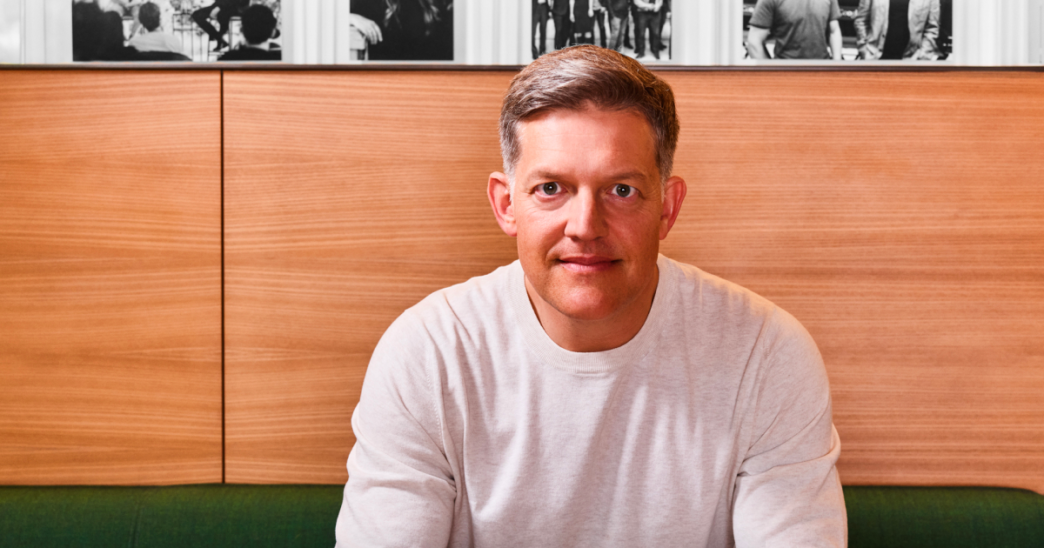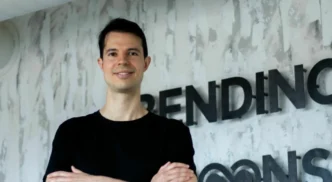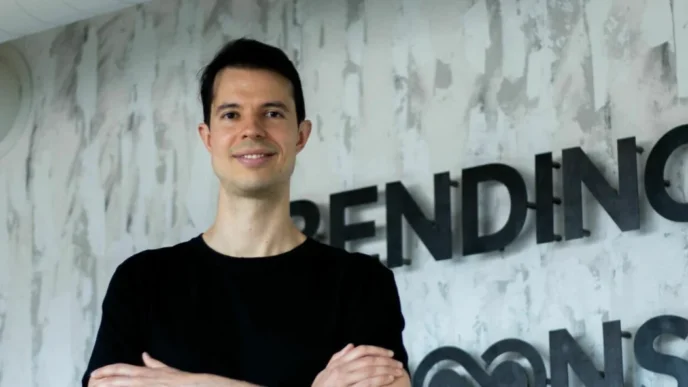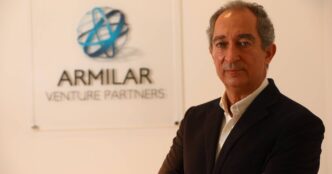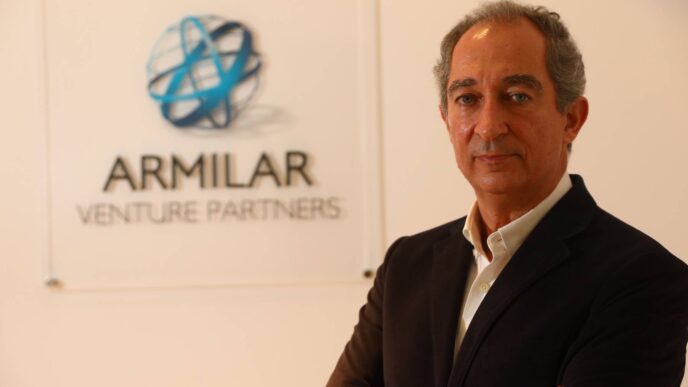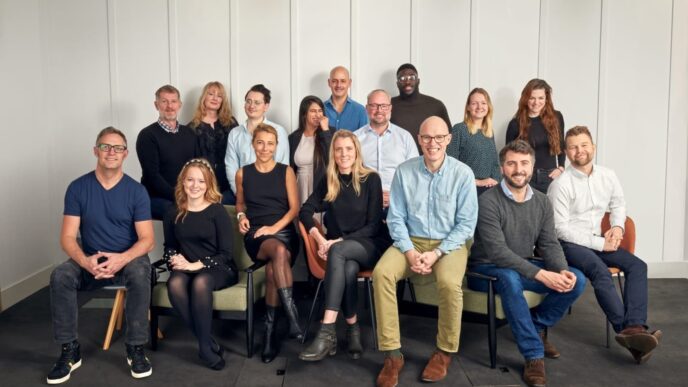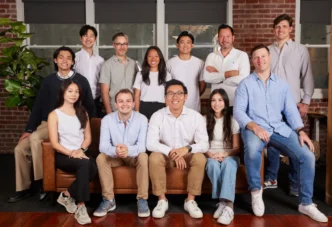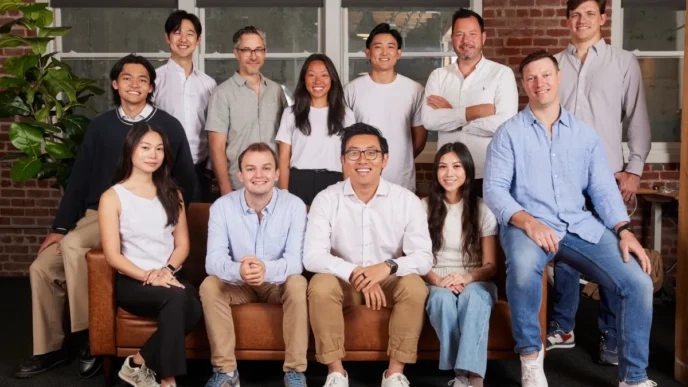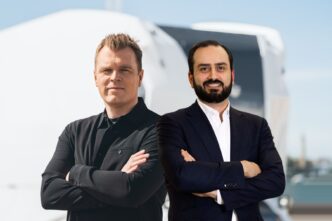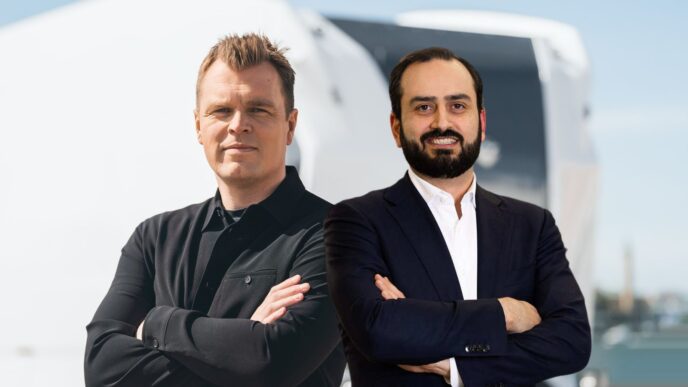Sequoia Capital’s global leader, Roelof Botha, has a clear message for startup founders caught up in the race for inflated valuations: slow down before you melt your wings. Speaking at a recent event in San Francisco, Botha reflected on today’s overheated funding climate and the dangers of chasing growth at all costs.
During the discussion, he addressed the growing trend of government investment in private companies, a policy shift that’s seeing Washington take direct equity stakes as part of long-term industrial strategy. When asked how it feels to have the U.S. government appear on a startup’s cap table, Botha didn’t mince words. With a wry smile, he said some of the most dangerous words in business are “I’m from the government, and I’m here to help.”
Botha, who describes himself as a “free-market thinker by nature,” acknowledged that industrial policy can be necessary when national interests are at stake. He argued that the U.S. is simply responding to a global reality where other nations, particularly China, are using aggressive industrial strategies to dominate key sectors. Still, he admitted discomfort with the government as a co-investor, warning that it can blur the line between innovation and control.
Turning to venture markets, Botha noted that the current wave of funding euphoria reminds him of the pandemic-era boom, when capital flooded into startups at breakneck speed. He stopped short of calling it a bubble but spoke of “incredible acceleration” and the risks it brings. One portfolio company, he said, saw its valuation skyrocket from $150 million to $6 billion in just a year, only to crash later. Such swings, he warned, can shatter morale inside companies that start believing their own paper wealth.
He urged founders to resist the temptation to raise capital purely to sustain momentum. When valuations climb too fast, they can fall even harder. Botha’s advice was pragmatic: if your company doesn’t need cash for at least a year, hold off and focus on building value; but if you’ll need capital in the next six months, raise now before sentiment shifts. Markets can turn quickly, and those who miss the window often pay dearly.
To illustrate his point, Botha reached back to classical mythology. Citing the story of Icarus, he reminded founders that flying too high and too fast can end in disaster. His words carried extra weight coming from a firm that has backed giants like Apple, Google, Nvidia, and Palo Alto Networks.
Botha also revealed that Sequoia has launched two new funds totaling $950 million, mirroring the firm’s approach from six or seven years ago. Despite its evolution and restructuring to hold public stocks longer, Sequoia remains deeply focused on early-stage investing. In the past year alone, the firm has funded 20 seed-stage startups, nearly half at the moment of incorporation. Botha likened Sequoia’s strategy to that of mammals rather than reptiles, nurturing a few young intensely rather than scattering hundreds of eggs to chance.
That philosophy, he said, comes from experience. About half of Sequoia’s early-stage bets fail to return their capital. Botha recalled his first total loss, admitting he cried during a partner meeting out of shame. But those failures, he said, are the price of finding outliers that define industries.
What sets Sequoia apart, according to Botha, is its strict decision-making culture. Every partner has an equal vote on new investments, regardless of seniority. Each Monday, the firm begins with an anonymous poll to surface candid opinions before discussions begin, a process designed to prevent alliances or groupthink. No one, not even Botha himself, can push a deal through without full partnership consensus. Though the approach can delay decisions for months, he believes it leads to stronger long-term outcomes.
Despite Sequoia’s legendary track record, Botha offered a sobering reminder: venture capital isn’t necessarily an asset class in the traditional sense. Stripped of the top 20 firms, he said, the industry underperforms even a basic index fund. The explosion of new venture firms, 3,000 in the U.S. today, triple the number from when he joined, hasn’t produced more great companies. Instead, it has made it harder for exceptional ones to stand out.
His closing message to the audience was simple: stay small, stay focused, and remember that not every startup matters. It’s a contrarian take in a market obsessed with scale, but one that reflects Sequoia’s enduring discipline. In an era where governments want seats on cap tables and VCs chase every shiny idea, Botha’s warning feels like a rare moment of grounded wisdom, and a call for founders to build, not just raise.

